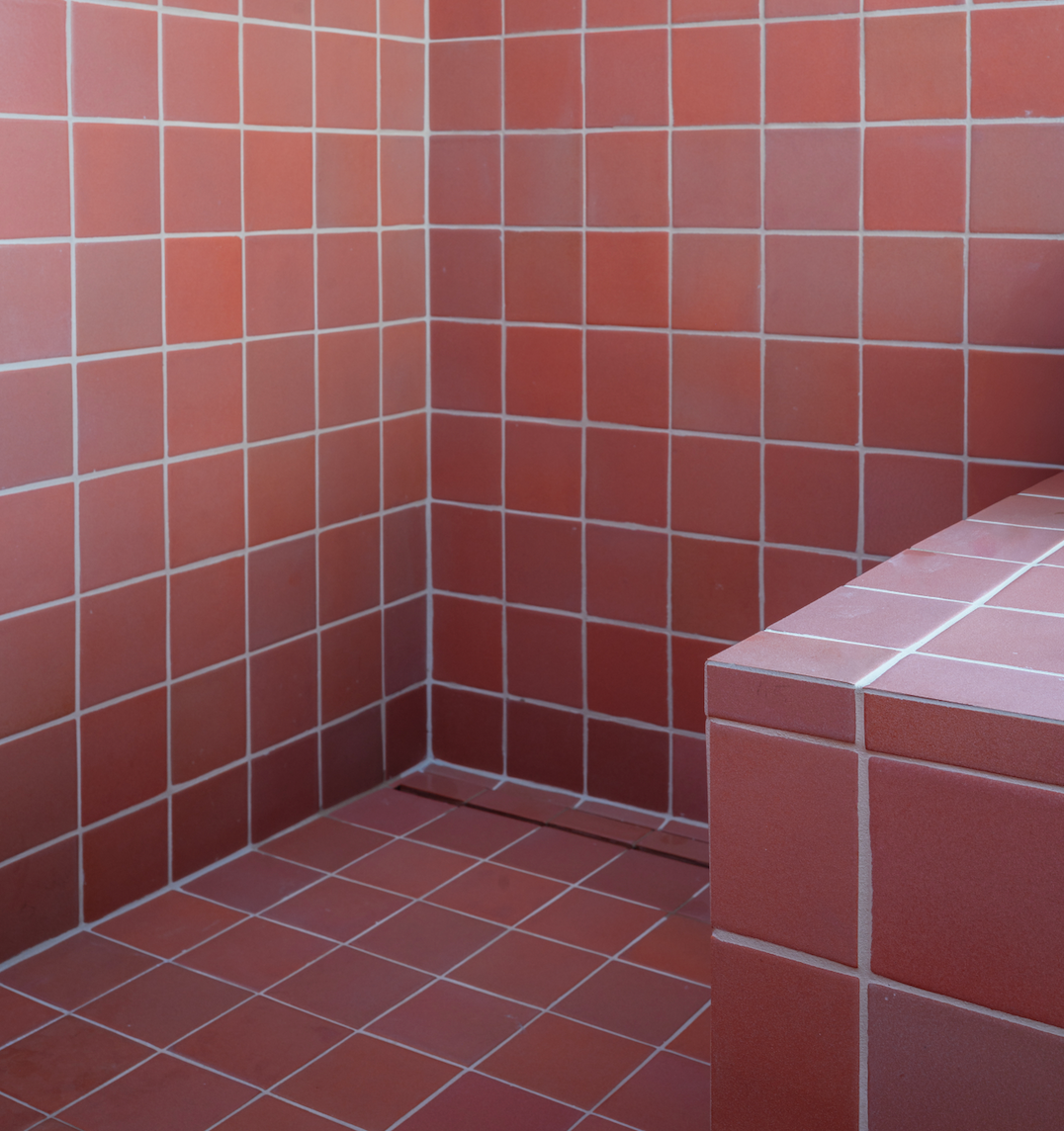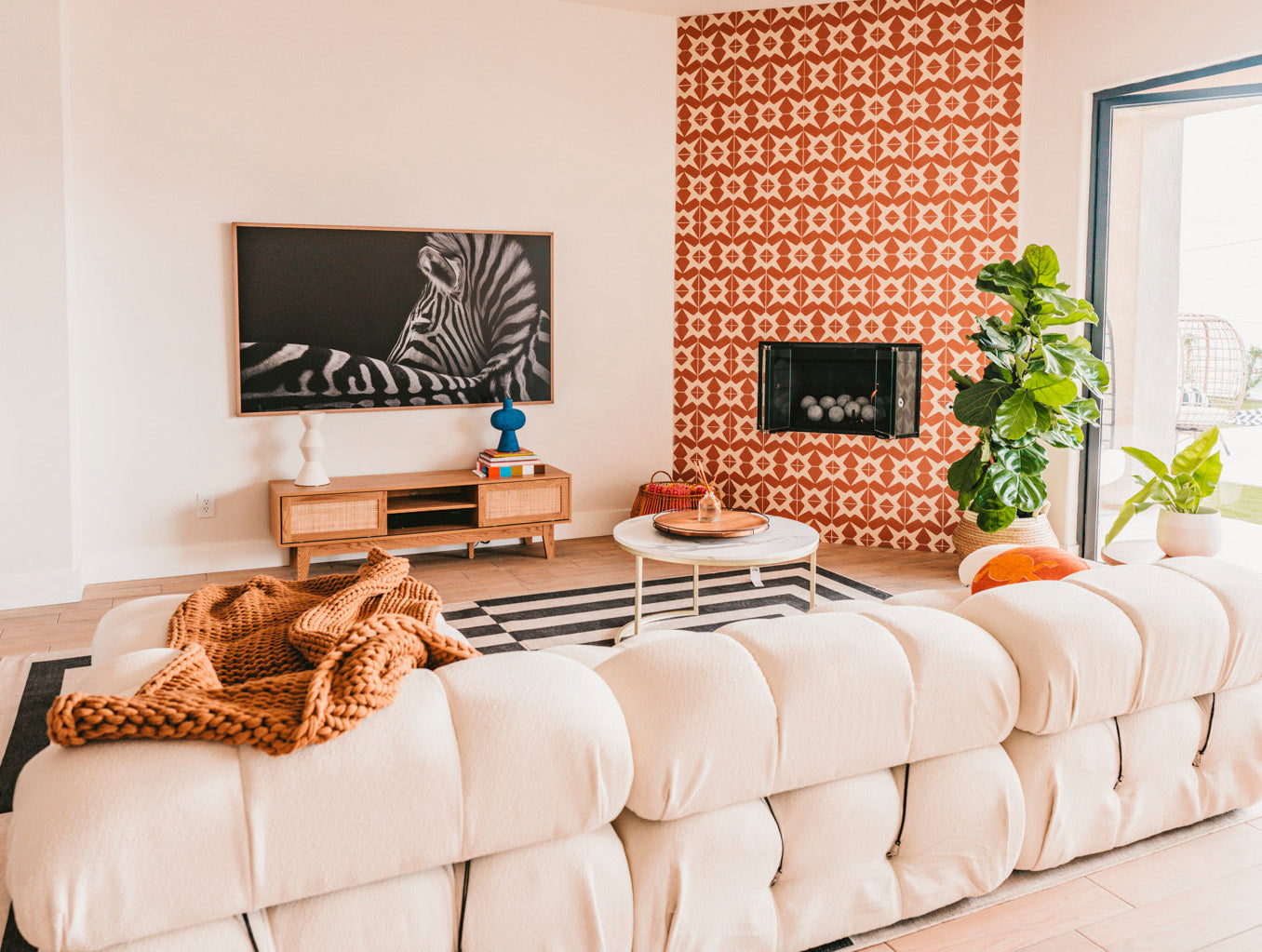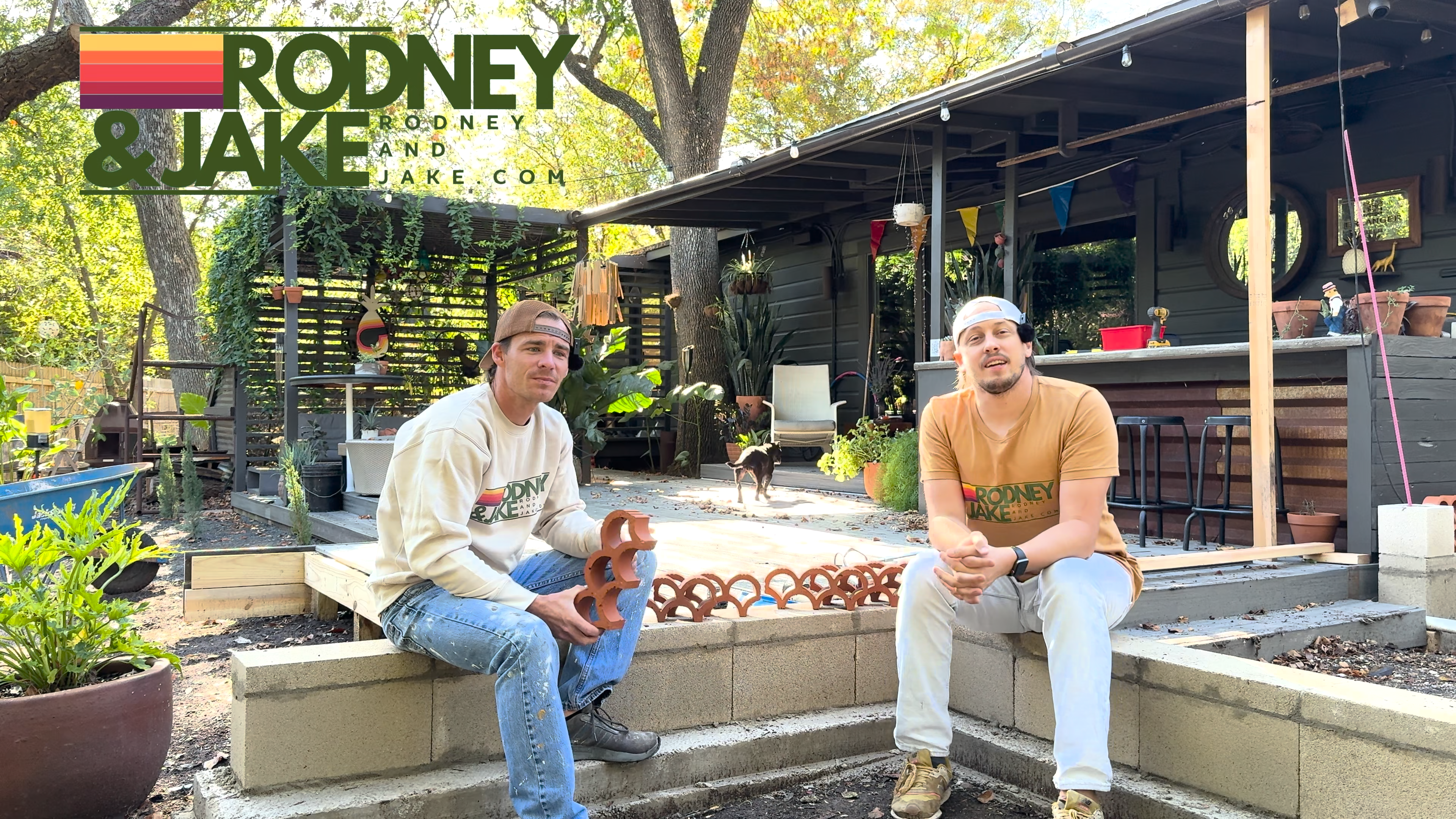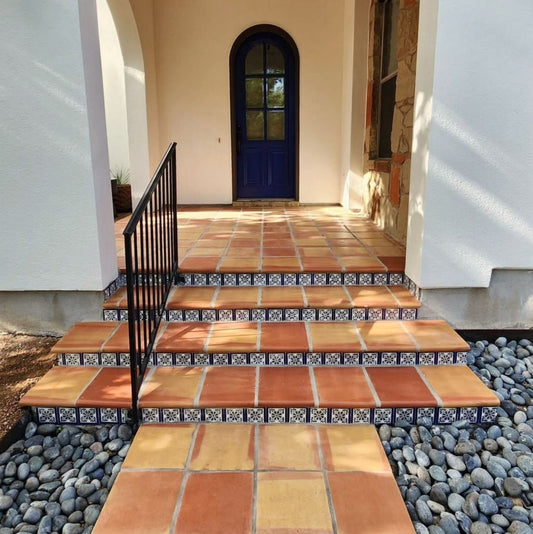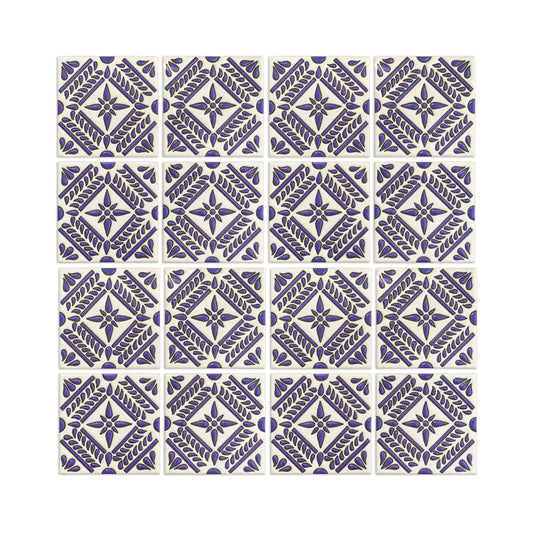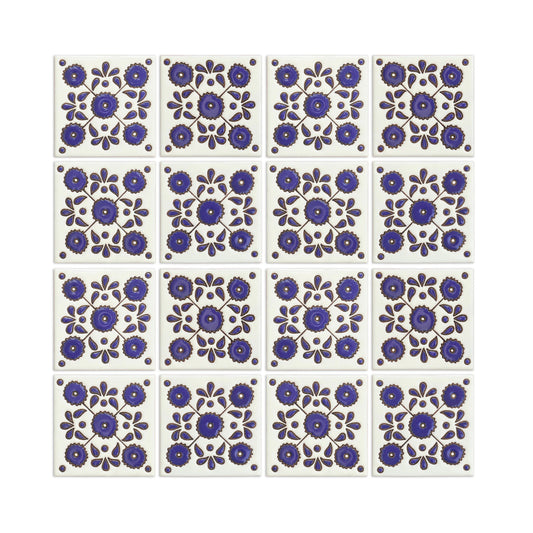By
Talavera tile is rich in history, color, and design. With a backstory and aesthetic rooted deep in colonial Mexico, Talavera tiles feature an array of patterns and vibrant colors. In this article, you'll learn more about this remarkable tile and why you should use it in your next project.
- Islamic Art and Architecture
- How do you make talavera tile?
- What makes talavera tile unique?
- Where can I install talavera tile?
- How do I clean and maintain talavera tile?
Islamic Art and Architecture
Calling Texas and Mexico home, Talavera tile has been a staple of Clay Imports’s offerings since the beginning. Our tile travels, which have taken us from Mexico to the Middle East, contribute to our deep appreciation of the talavera tile. For us, each individual tile is a work of art with centuries of history behind it.
Most of us associate Talavera tile with Mexico; we even have people asking about purchasing 'Mexican tile' when referring to Talavera tile, but it actually originated in the medieval ages in Iberia (today’s Spain and Portugal). Its roots can be traced back to the Islamic art and architecture of the region, under Muslim rule, where glazing techniques and patterns became popular, enriching its history and design. You can even tell from the Spanish word for tile azulejo that it’s derived from the Arabic word for “polish stone.”
Talavera tile specifically is named after the Spanish city Talavera de la Reina, which produced the majority of glazed tile and pottery in Iberia in the 16th and 17th centuries.
A beloved characteristic of Talavera tile is the natural occurrence of light crazing over time, where very tiny cracks start to form in the glaze. This is a natural process that only enhances the design element.
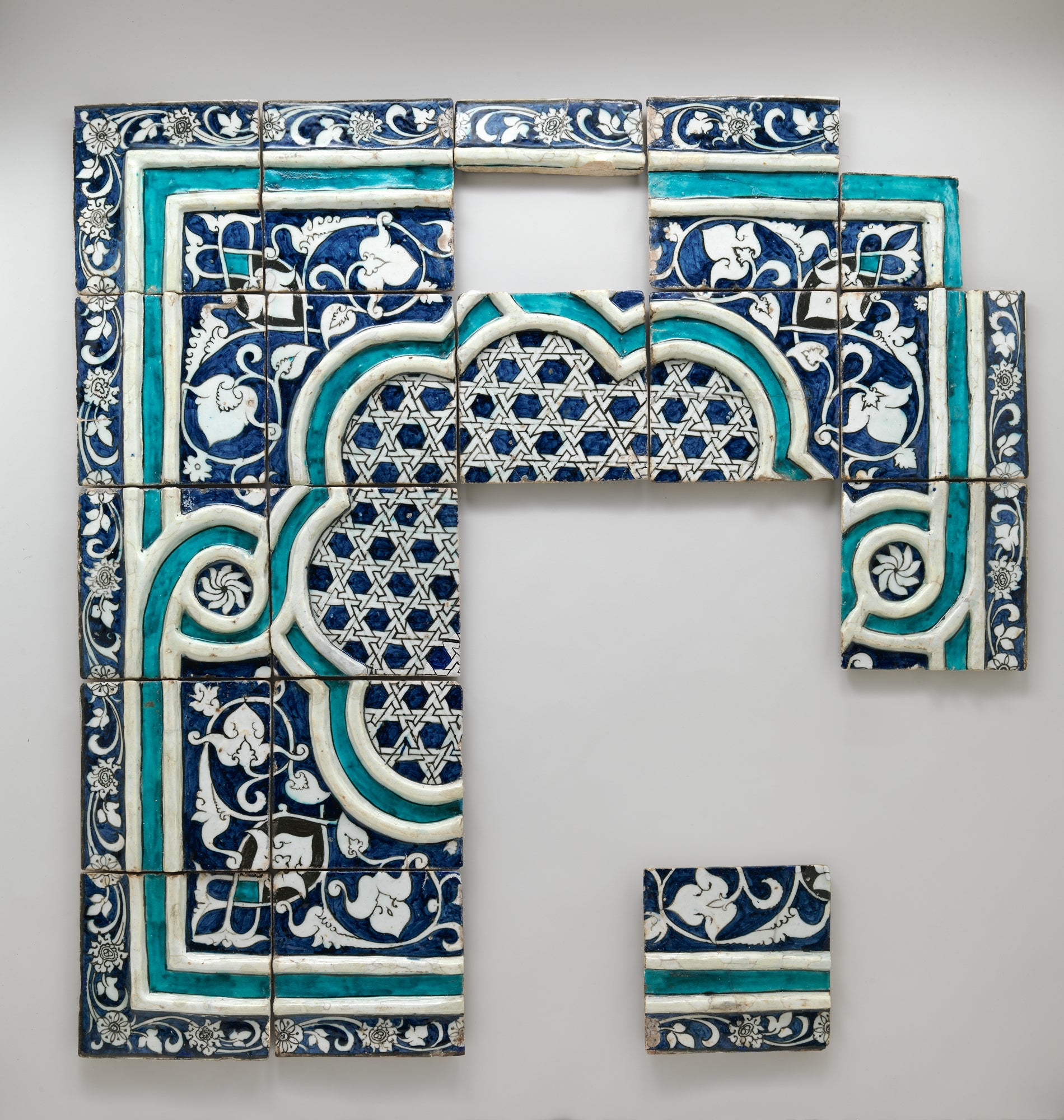
Tiles produced by the workshops of Ibn al-Ghaibi al-Tawrizi in the early fifteenth century.
On view at The Met Fifth Avenue in Gallery 454.
Through the Reconquista, Spaniards adopted tile making techniques and later brought those to the Americas. The “New World” hub of Talavera pottery was Puebla, a city founded shortly after the arrival of the colonizers. Still today, we associate the beautifully ornate, and often blue and white Talavera Poblana with this city and its rich colonial history.The popularity of patterns quickly spread across all Mexico. Other regions began crafting handmade, glazed decorative tile. As a result, Talavera style is deeply ingrained in Mexican design and gives you that warm, classic Mexican aesthetic.Today’s main hub for Mexican talavera tile and pottery making is the small town of Dolores Hidalgo, just outside of San Miguel de Allende, in Mexico, where we have our design studio.
 Relief Petunia Tile in traditional bold colors.
Relief Petunia Tile in traditional bold colors.
How are Talavera Tile Designs Made?
At Clay Imports, skilled artisans handcraft each of our Talavera tiles in the town of Dolores Hidalgo using a mix of regional red clay.
The most traditional form of a Talavera tile is a square. Artisans, either hand cut or extrude clay to size and fire the bodies. Following the production of the bodies of the tile, artisan glaze it by adding decorative patterns through stenciling or screen printing. Afterwards, they fire the now colored pieces in a kiln.
In addition to traditional Talavera tile, we also produce textured Relief Tiles inspired by Islamic cuerda seca (“dry cord”) techniques. These types of tiles are the most time and labor-intensive of all of our offerings. The artisans meticulously sketch and hand paint each intricate design. The hand-crafting process of fabricating a relief tile may take upwards of 20 times longer than a solid color tile.
What Makes Talavera Tile Unique?
A beloved characteristic of Talavera tile is light crazing over time, where you will see very tiny cracks start to form in the glaze. That is natural and adds to the design element. Square Talavera tiles are the most common and measure approximately 4×4” or 6×6” with an approximate ¼” thickness.
Color wise, bright, and vibrant is the norm, intensified by a high gloss finish. The texture of a Talavera tile is usually smooth, though we offer a variety of stunning Relief Tiles, too.
Finally, all Talavera tiles are 100% handmade. Handmade tiles exhibit natural variations, which are inherent traits of natural materials like Terracotta. These variations in color, texture and sheen are not defects but rather a natural part of the product. We highly recommend ordering samples before making a final purchase to confirm and appreciate these natural variations in each tile.
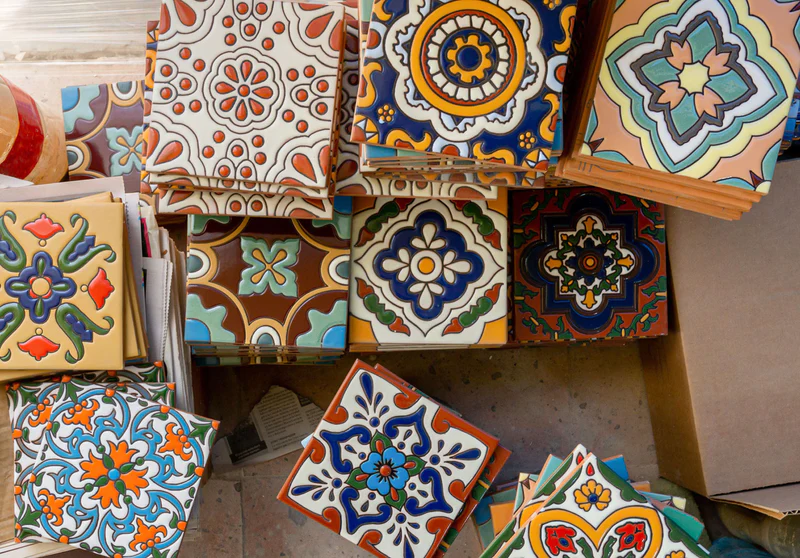 An array of colorful relief talavera tiles by Clay Imports.
An array of colorful relief talavera tiles by Clay Imports.
Where Can I Install Talavera Tile?
Talavera tile is one of the most budget-friendly tile options and packs a big design punch. You can install it inside or outside as long as you’re not exposing it to extreme freezing temperatures.
You’ll see talavera tiles often adorning stairwells, creating a Mexican-inspired kitchen backsplash, or even brightening bathrooms. At times, they’re combined with other types of tile as accents.
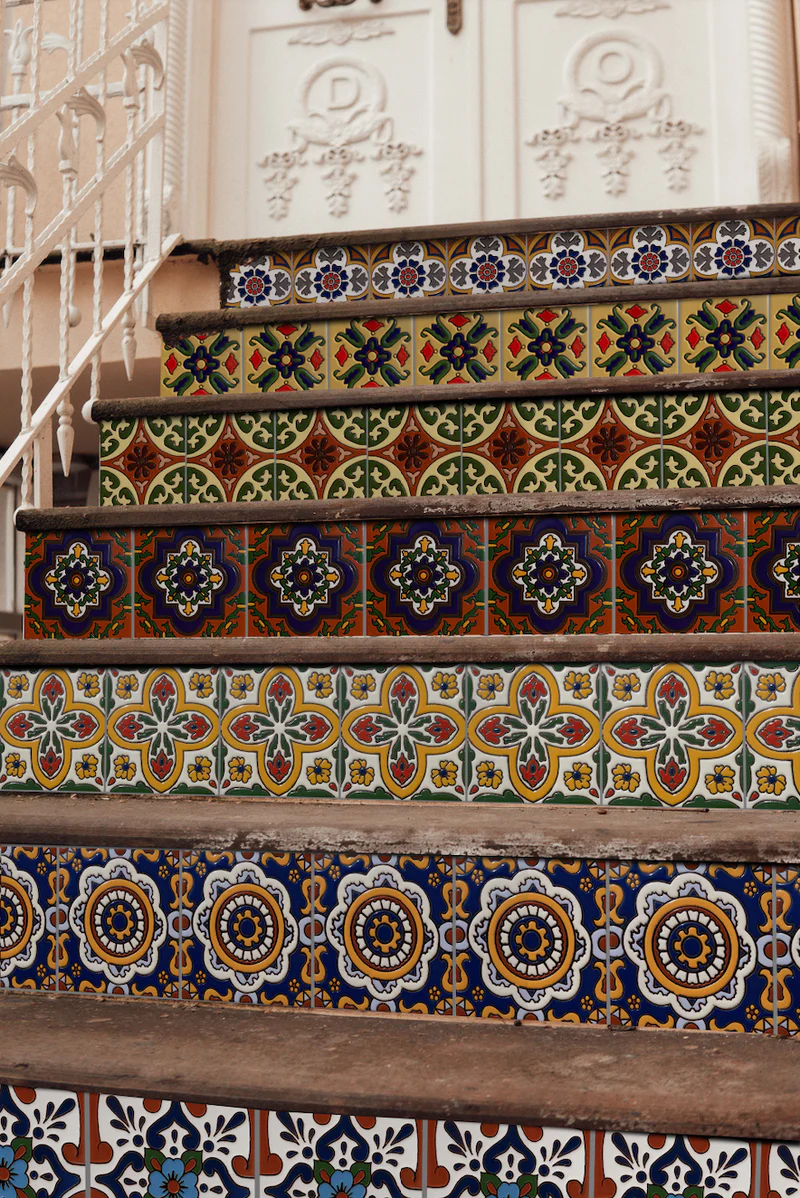
How Do I Clean And Maintain Talavera Tile?
Talavera tile is very functional and is very easy to care and maintain over the long-term. As tile experts, we truly understand the importance of taking good care of your tiles. That's why we recommend taking a look at our Clay Care products. These maintenance items have been carefully tested with our products, and they are designed to preserve your tiles' beauty, ensuring their longevity and durability. From sealers to cleaners, purchasing these maintenance items together with your tiles not only simplifies your order but also prepares you to enjoy your tiles for a long time.
With its handmade appearance, Talavera can undoubtedly be a top choice for your next project. If you're currently installing Talavera or need further information, feel free to contact us at contact@clayimports.com.




 Share
Share
 Pin it
Pin it
